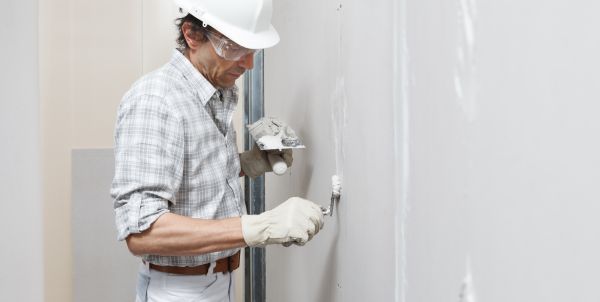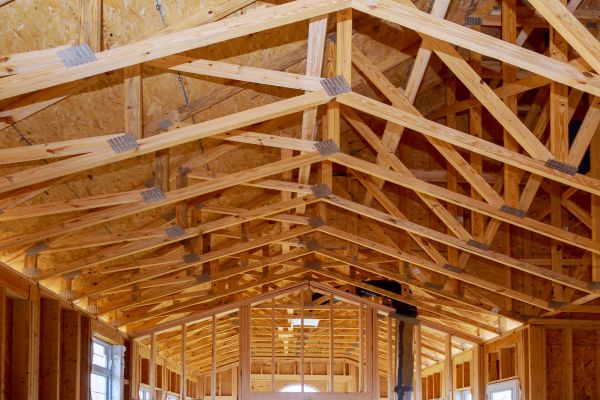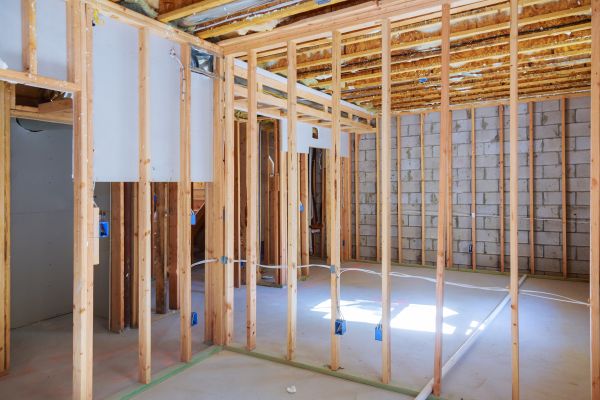Stud Wall Construction Service
Affordable Stud Wall Construction
Stud wall construction forms the backbone of many interior spaces, providing a versatile and efficient method for creating walls and partitions within a building. This technique involves using a framework of vertical wooden or metal studs, which are then covered with plasterboard or drywall. Stud walls are crucial for defining spaces, offering support for fixtures, and providing a surface for finishes. Their importance lies in their adaptability, allowing for quick modifications and installations, which is essential in both residential and commercial construction projects.
Benefits of Stud Wall Construction
-
Versatility
Stud walls can be easily customized to fit various design and layout requirements. They support different types of finishes, such as paint, wallpaper, or tile, making them suitable for any aesthetic preference. This flexibility is invaluable in creating spaces that meet specific functional and stylistic needs. -
Cost-Effectiveness
The materials and labor involved in stud wall construction are generally more affordable compared to other wall-building methods. This cost-effectiveness makes them an attractive option for both small-scale renovations and large construction projects, providing excellent value without compromising on quality. -
Efficiency
The construction process for stud walls is straightforward and quick, which can significantly reduce project timelines. This efficiency not only speeds up the construction phase but also minimizes disruptions in occupied spaces, allowing for faster project completion and occupancy. -
Sound Insulation
When properly insulated, stud walls can significantly reduce noise transmission between rooms. This is particularly beneficial in residential buildings where privacy and quiet are important, as well as in commercial settings where sound control is essential.
FAQs About Stud Wall Construction
What materials are typically used in stud wall construction?
Stud walls are usually constructed from timber or metal studs, with plasterboard or drywall used to cover the framework. Insulation materials can also be added for soundproofing or thermal efficiency.
Can stud walls support heavy fixtures?
Yes, stud walls can support heavy fixtures, but it's essential to reinforce them with additional supports or use specialized fixings to ensure stability and safety.
How are stud walls different from load-bearing walls?
Stud walls are typically non-load-bearing and are used to divide spaces rather than support structural loads. Load-bearing walls, on the other hand, are integral to a building's structural integrity and must be built to specific engineering standards.
How long does it take to construct a stud wall?
The time required to construct a stud wall depends on the size and complexity of the project, but generally, it can be completed relatively quickly, often within a few days for standard installations.
Fill out the contact form to request Stud Wall Construction and experience the benefits of professional installation. Enjoy the versatility, cost-effectiveness, efficiency, and sound insulation that come with expertly constructed stud walls.




